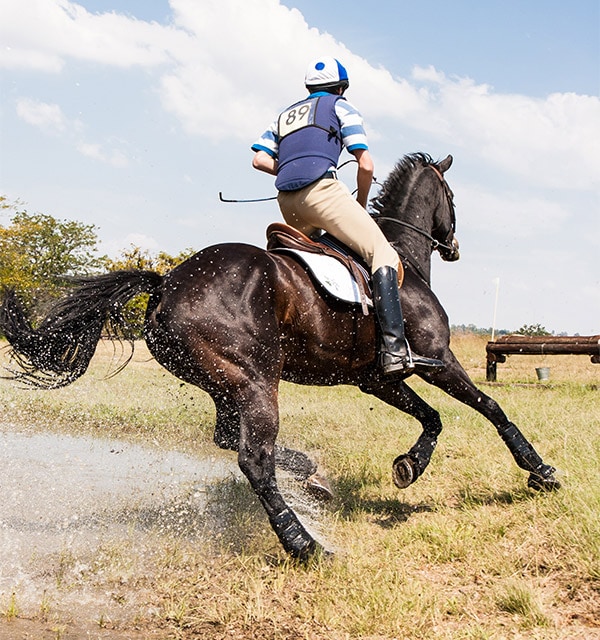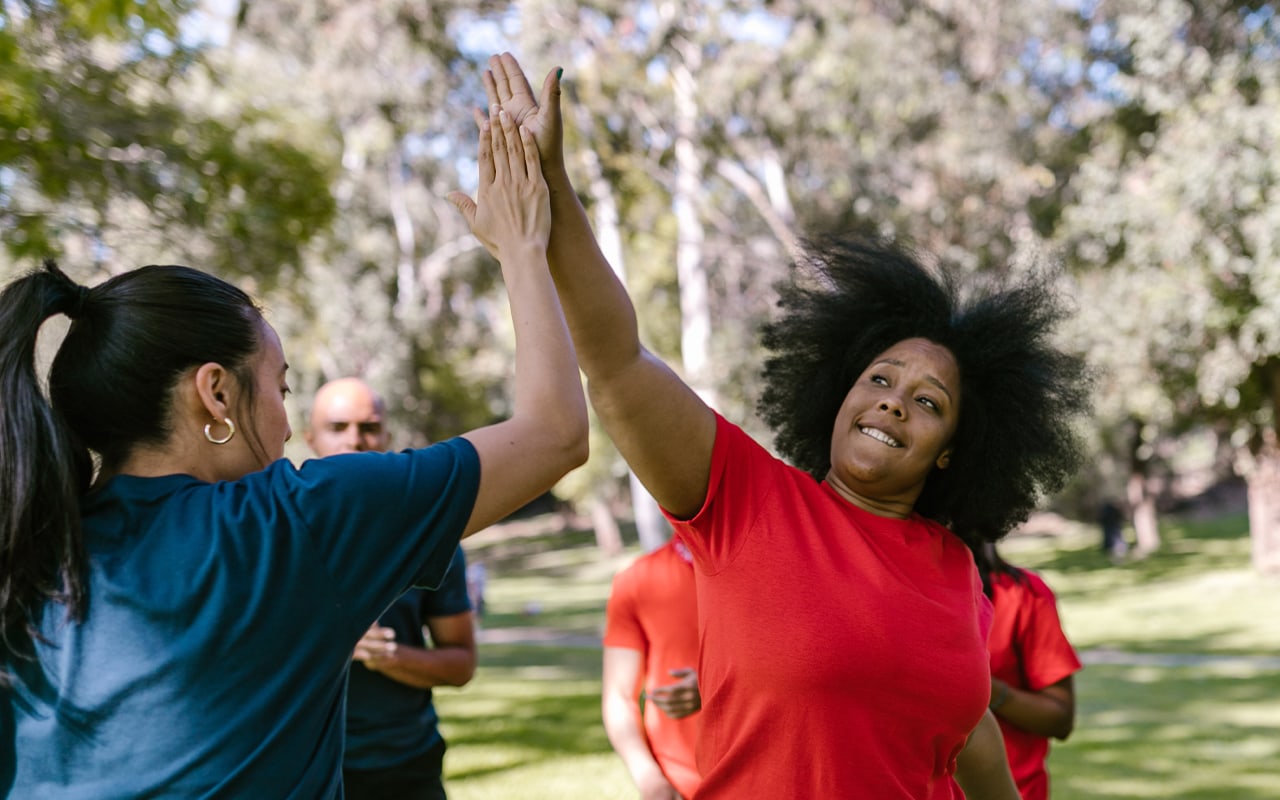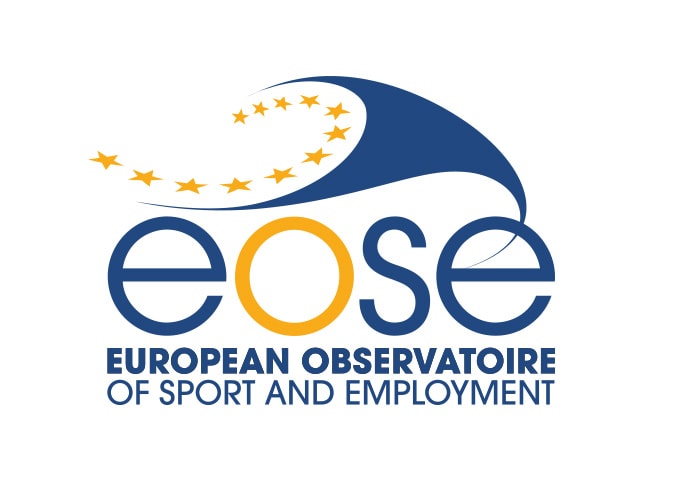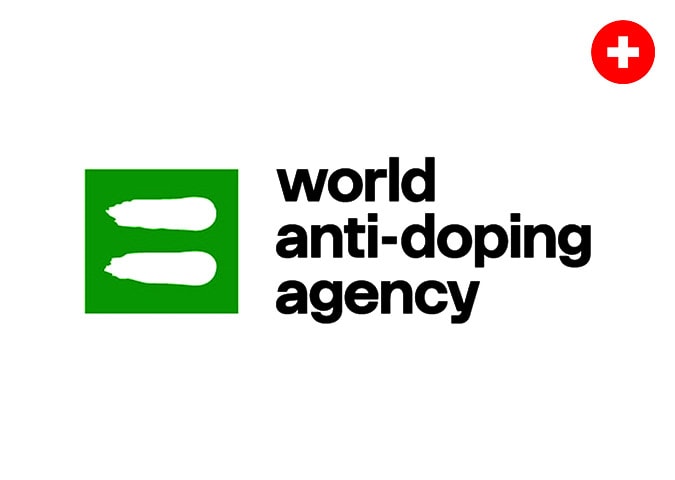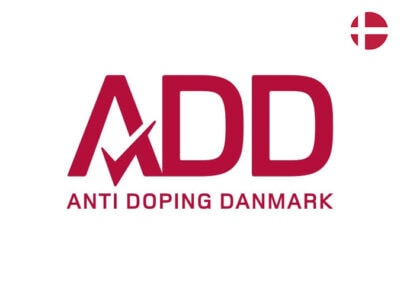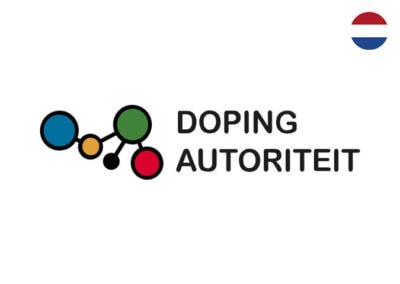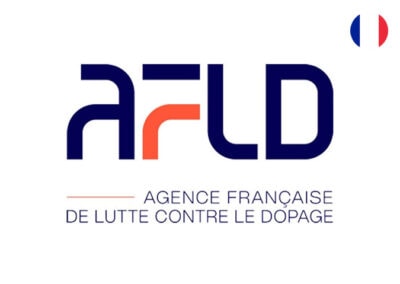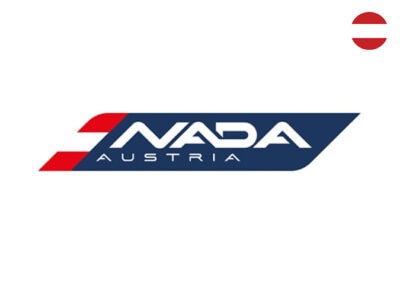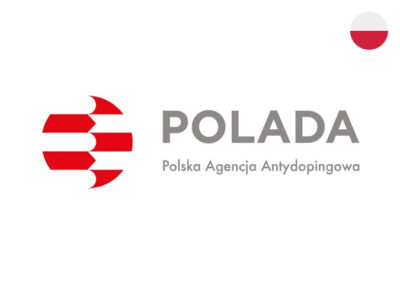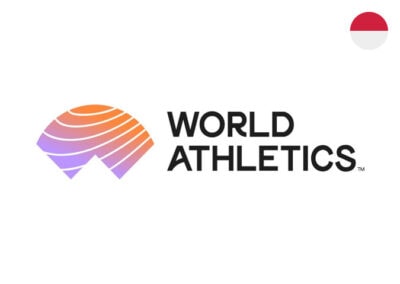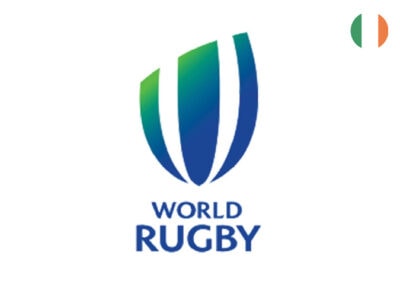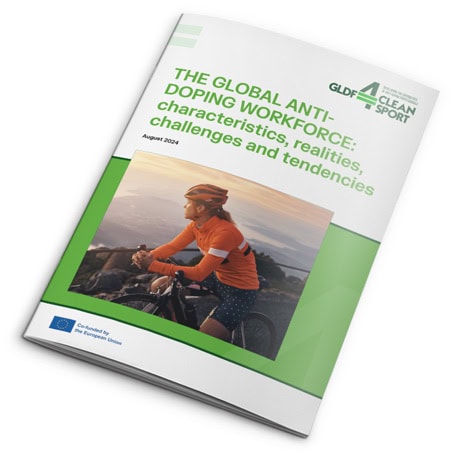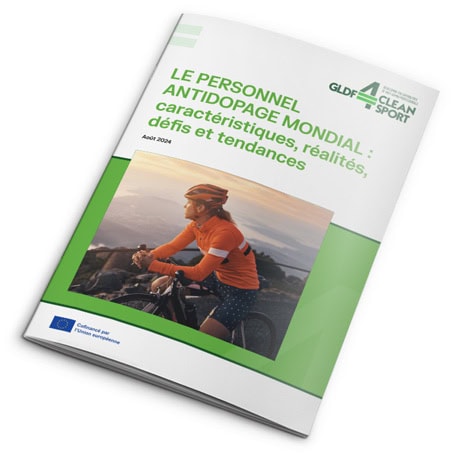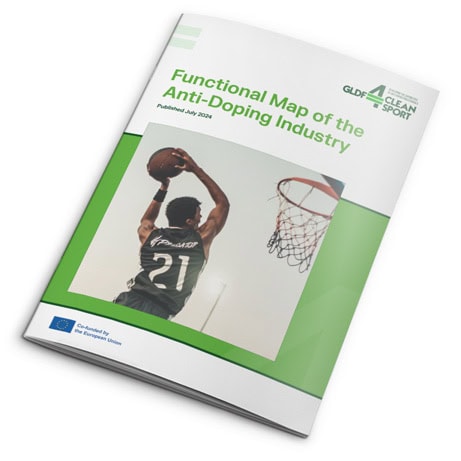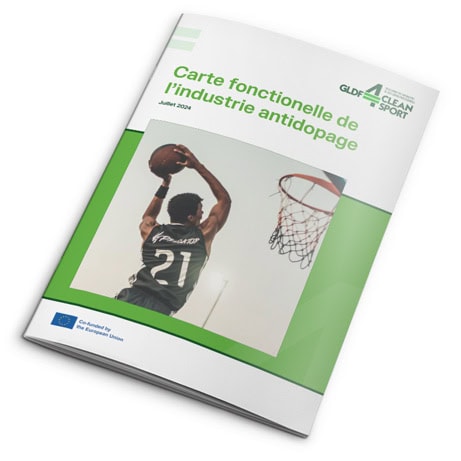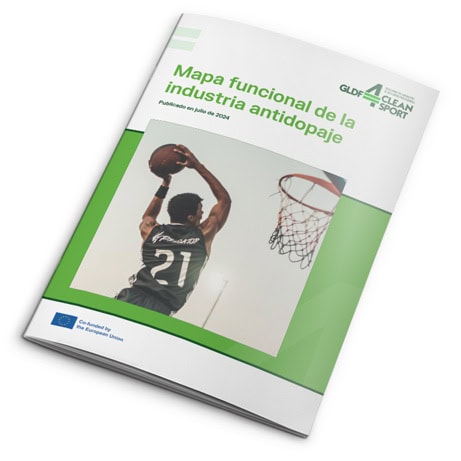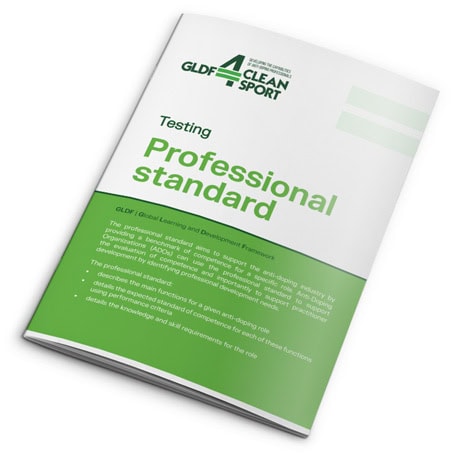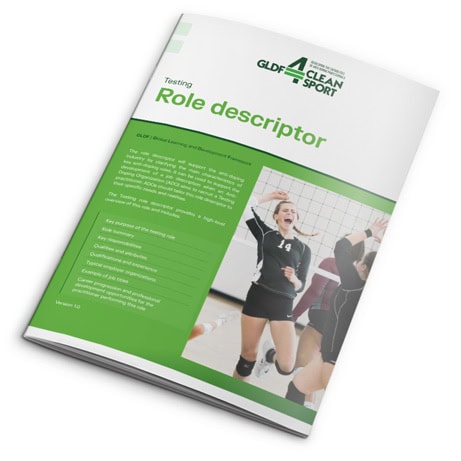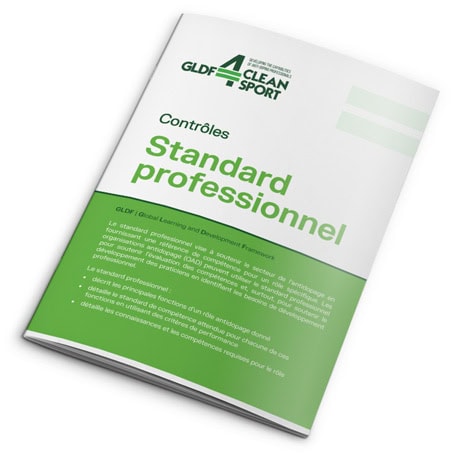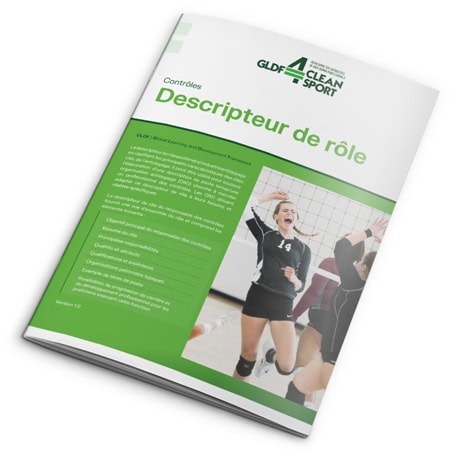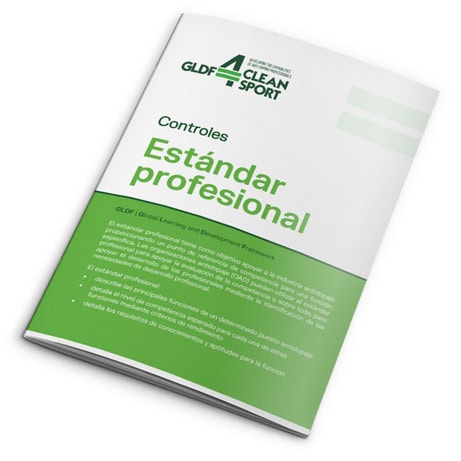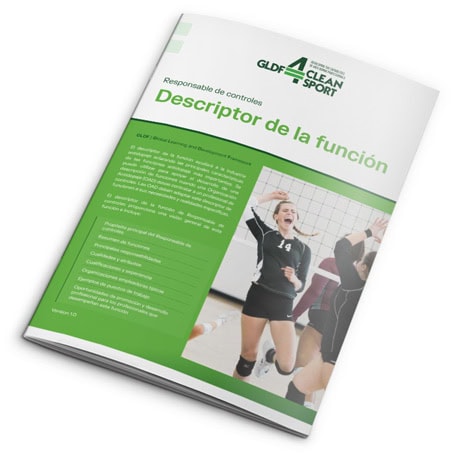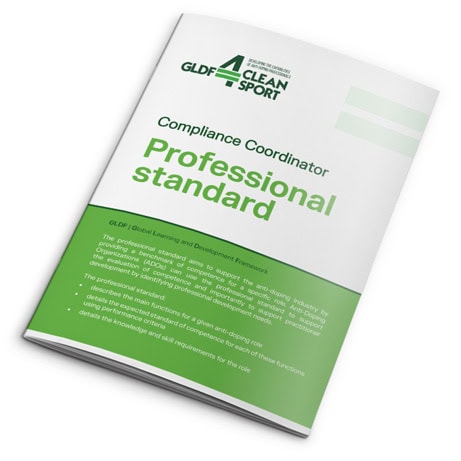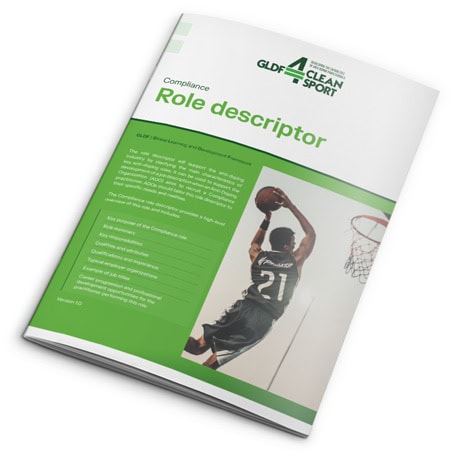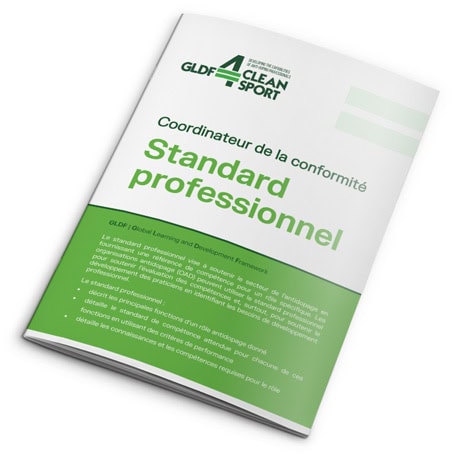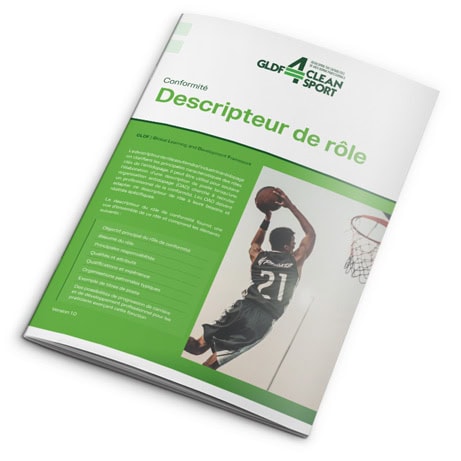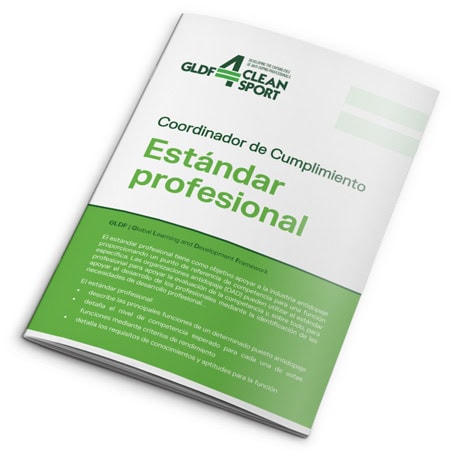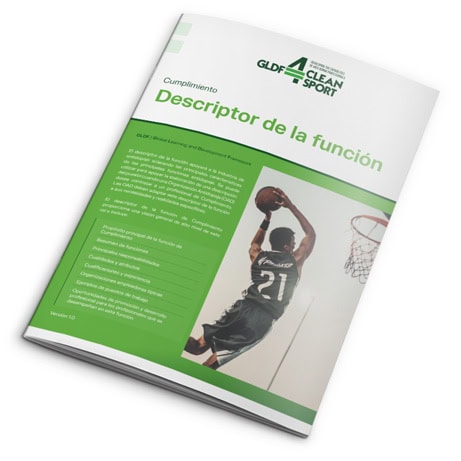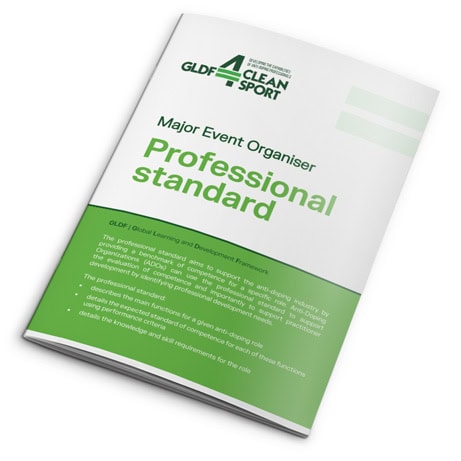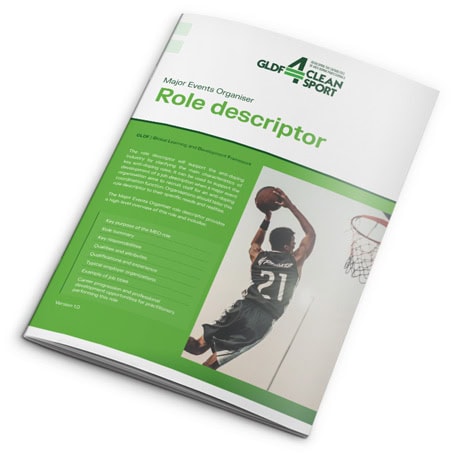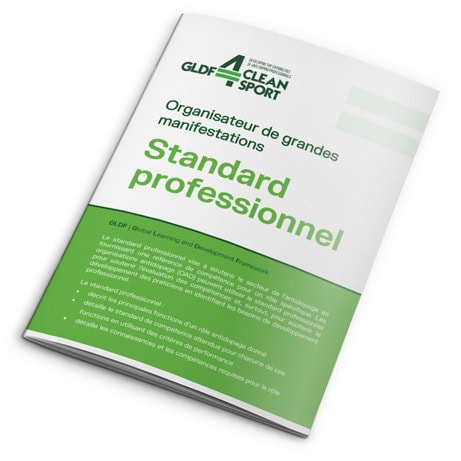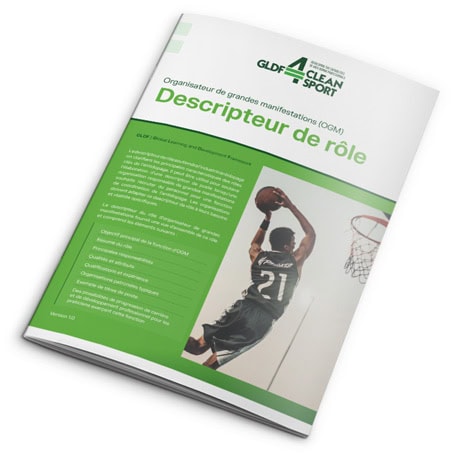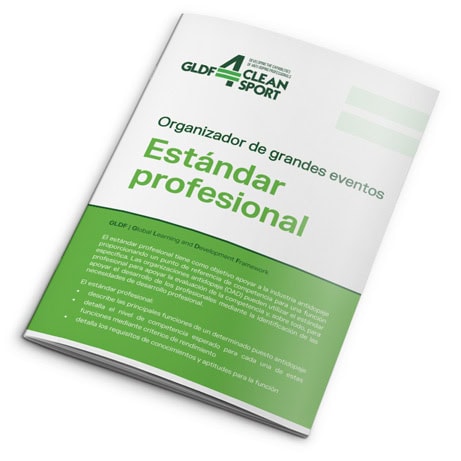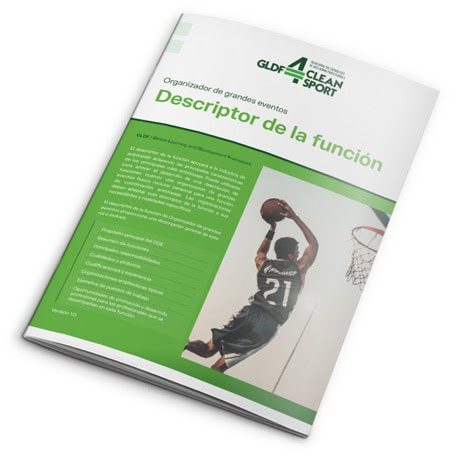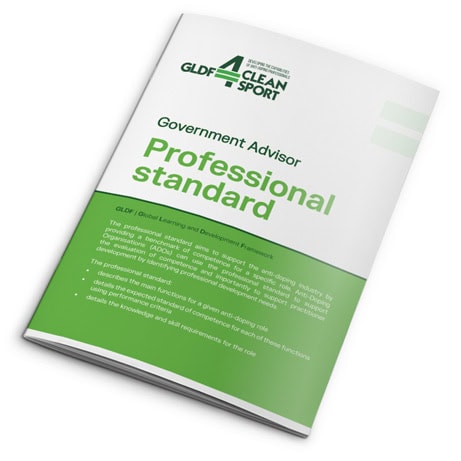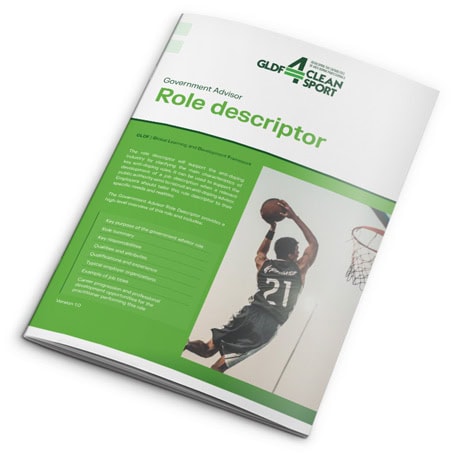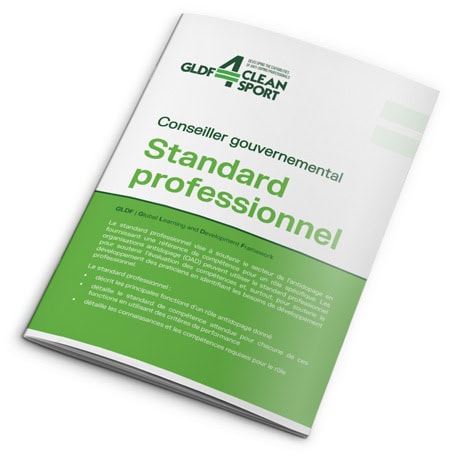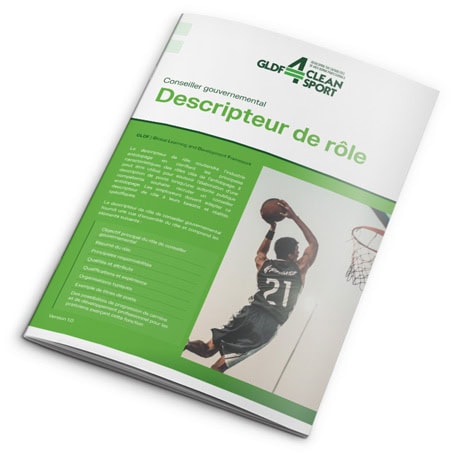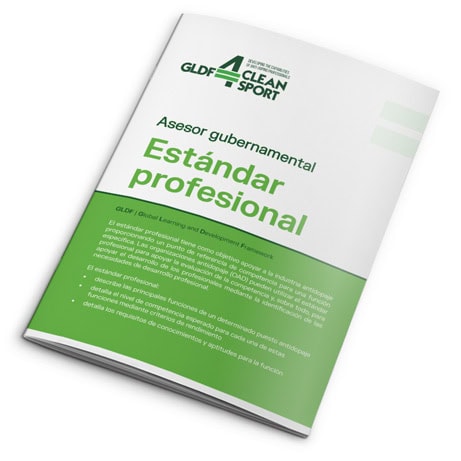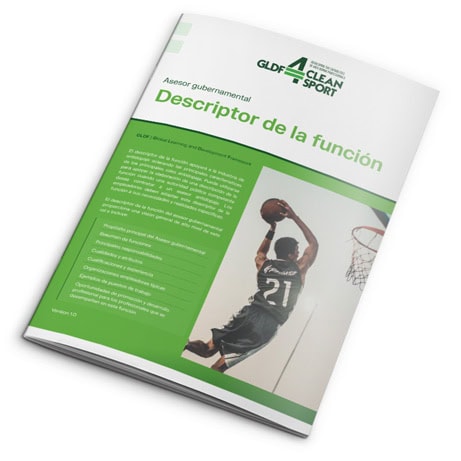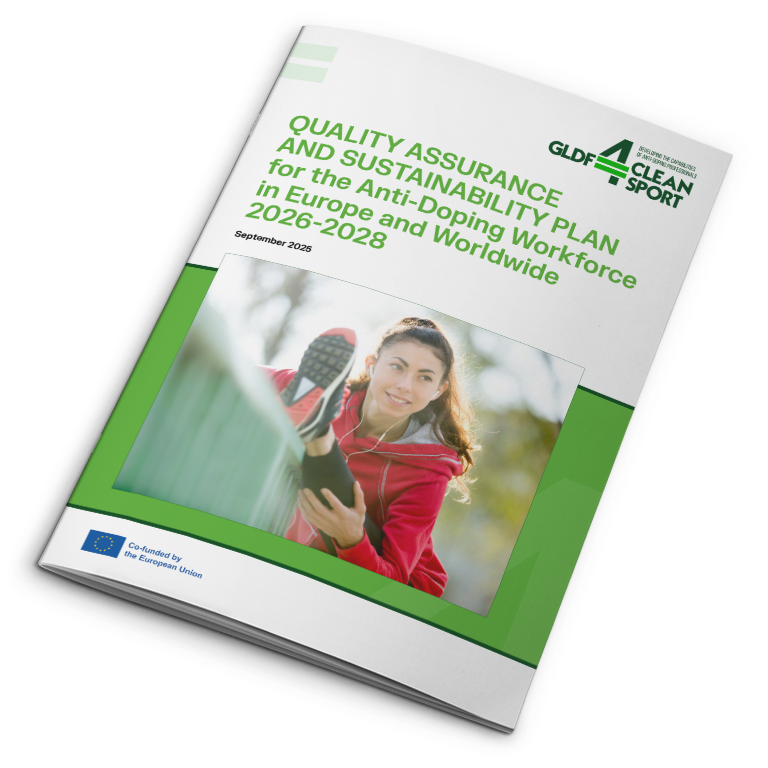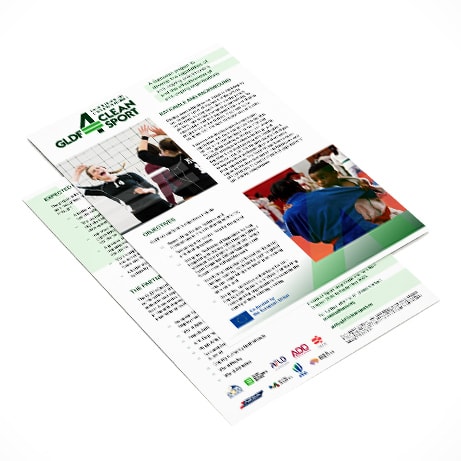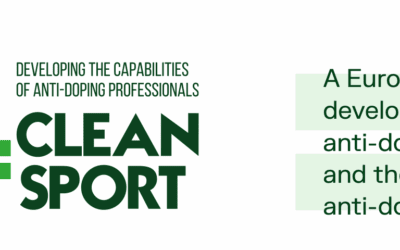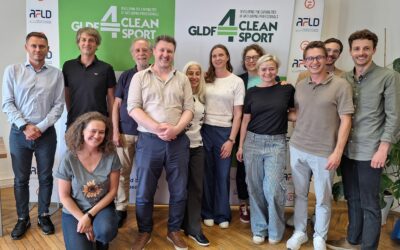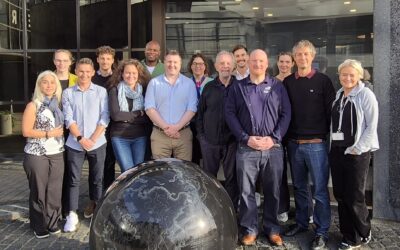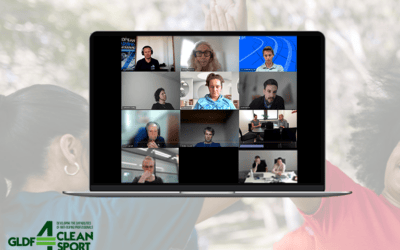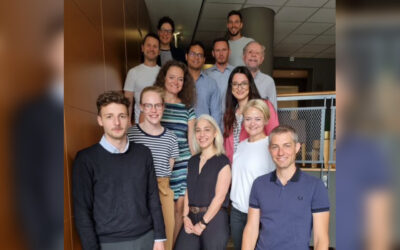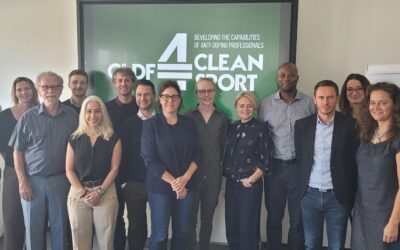GLDF4CleanSport project
Enhancing the skills and competencies of anti-doping professionals and the effectiveness of anti-doping organisations
Innovating and harmonising the global approach to learning and development to enhance the skills and competencies of anti-doping practitioners and the effectiveness of anti-doping organisations
The GLDF4CleanSport project has been funded under the Erasmus+ Sport Programme of the European Union (Call 2021) and has a duration of 3 years, running up to September 2025.
Background
Doping remains a threat to the integrity and values of sport. Despite the huge progress made to develop a global anti-doping system and the efforts of many organisations over several decades, doping remains a serious problem at many levels in sport from elite performers to grassroots participation. Doping not only violates the basic sporting values of fairness and equality in competition, but it also presents serious risks for the athletes involved.
Although the efforts of the anti-doping community in sport have been broadly successful, there remain several areas that need to be addressed, especially as anti-doping is still a relatively young industry which lacks a strong tradition of standards-based practitioner training. More needs to be done to establish agreed professional standards for practitioners and offer appropriate training and continuing professional development opportunities. Progress in this area as an essential step towards improving the performance of anti-doping organisations in their contribution to the battle for integrity and values in sport.
A growing workforce supports anti-doping efforts, but anti-doping professionals need the right skills to succeed. GLDF4CleanSport will support a global approach to competence-based training leading to greater impact of anti-doping organisations in the European Union and globally.
Aim
GLDF4CleanSport has the key aim of maintaining the integrity and values of sport by focusing on the struggle against doping in Europe and globally.
It will do this through mapping the workforce and its functions, specifying professional standards for four vital roles in the anti-doping workforce and harmonising training and development for practitioners through objective training needs analysis and innovative delivery.
The overarching ambition is to deliver a positive impact on the quality of work of these key staff and the organisations for which they work.
The overall benefits/ impacts of
the GLDF4CleanSport initiative will be:
A better understanding
of the realities and challenges of the anti-doping workforce in Europe and globally
To ensure education and skills initiatives will support what is really needed
An agreed definition
of skills and competences for key anti-doping roles
To ensure practitioners will be able to develop their competence in line with new professional standards
A new competency-based
training offer based on professional standards
To ensure the anti-doping workforce can upskill and develop capabilities
An online
self-assessment tool
To ensure anti-doping practitioners can measure their own capabilities and identify areas for development
A series
of sustainable outputs
To support the anti-doping industry and the whole sport sector for many years to come
Expected Outputs
Output 1: Comprehensive Mapping presenting main characteristics, realities, challenges and tendencies of the anti-doping workforce in Europe and worldwide
Researching and analysing the European and global anti-doping workforce will form a strong foundation for the rest of the project. This will be achieved through a combination of desk research, stakeholder interviews and a European/global survey of anti-doping organisations. This will result in a comprehensive Occupational Map and Occupational Descriptors for key selected roles.
Output 2: Functional Map for the anti-doping industry in Europe and worldwide
The Functional Map is a graphic representation that will precisely describe the functions that need to take place in the antidoping industry for its goals to be achieved. The Functional Map will be created by agreeing a key purpose (overarching mission) for the whole anti-doping industry and then identifying a complete breakdown of all primary and sub functions which practitioners need to carry out to achieve the key purpose.
Output 3: Full sets of professional standards for the 4 selected roles within the anti-doping industry in EU and worldwide
The Professional Standards will be developed by identifying the performance criteria required for each function identified in the Functional Map and the skills and knowledge needed to achieve the performance criteria. This will provide a competence framework of good practice for each role addressed by the project and will be crucial in addressing the needs identified regarding Testing, Compliance, for Government Officials/advisors and for MEOs. Professional Standards will be concerned with what anti-doping practitioners can do (competence), not just what they need to know. The Professional Standards will include Key Competences (i.e., the technical functions specific to each role) and Core Competences (transversal competences in areas such as Communication, Self- Management and Teamwork, which may apply to several roles).
Output 4: A competency-based training offer (series of e-learning modules and in-person material) responsive to the needs of the anti-doping industry for the 4 selected roles
Training curricula, modules and learning pathways will be developed for the roles of Testing Manager/ Officer, Compliance coordinator, and MEO anti-doping manager/officer. A competence-based blended educational offer including e-learning modules and training materials will be made available to anti-doping practitioners via WADA’s existing online learning platform and also through face-to-face workshops.
Output 5: Pilot seminars (1 per role) to test the innovative anti-doping blended learning with anti-doping practitioners
Developing a competence-based curricula, e-learning modules learning pathways and guidance through research and consultation alone will not be sufficient. For the purposes of good practice, it will be important to test these products through piloted and evaluated training with anti-doping practitioners. The pilot training seminars will enable the partners to test the innovative outputs using real trainers and learners for the four identified roles. Training will be blended using a combination of online learning and face-to-face sessions and will be delivered in Europe and through the other three WADA regional offices.
Output 6: A fit-for-purpose train-the-trainers programme to equip them for implementing and delivering the competency-based training offer
For the purpose of good practice, it will be important to ensure there is a cohort of industry experts trained to deliver the trainings developed in output 5, yet these professionally trained industry trainers currently do not exist. Potential trainers will be recruited from Europe and other regions to ensure that the products have global application. The partners will design the content of a fit-for-purpose train the trainers programme to equip potential trainers for implementing and delivering the competency-based blended training.
Output 7: A pilot seminar gathering potential trainers for each role and each WADA Regions (EU and global participants)
A pilot seminar gathering potential trainers for each role and each WADA Region in the world (EU and global participants) will be organised to test the relevance and quality of the innovative learning developed through the project.
Output 8: Online self-assessment tool for anti-doping practitioners to measure their own capabilities and identify areas for development
The goal will be to design and launch an online self/peer assessment tool which will enable anti-doping practitioners in all the selected roles to identify the areas in which they need continuing professional development with signposting links to the appropriate training modules, resources and professional development opportunities.
Output 9: Online self-assessment tool for anti-doping organisations to evaluate their existing training against the requirements of the professional standard
A second online self-assessment tool, similar to the first but with appropriate adaptations, will be developed to enable the evaluation of existing training programmes to ensure these programmes meet the requirements of the Professional Standards.
Output 10: Global Anti-Doping Conference: "Enhancing the skills and competencies of anti-doping practitioners"
The overall objective of this final event will be to bring together national and European/International stakeholders and present new knowledge about the anti-doping workforce, discuss the main findings from the research, and introduce the innovative outputs developed through the funded period.
Output 11: A Quality Assurance and Sustainability Plan for the anti-doping workforce in Europe and worldwide
The final output will be a Quality Assurance and Sustainability Plan. In terms of quality assurance, the Plan will provide clear criteria and guidelines for the implementation of the professional standards, competency-based curricula, blended learning modules, self-assessment tools and train the trainer programmes, together with an evaluation framework to ensure these criteria and guidelines are met by anti-doping organisations and others who provide training for the industry. In terms of Sustainability, the Plan will map out the main activities, responsible stakeholders and timelines for the implementation of the project’s outputs over a five-year period.
Partnership
The GLDF4CleanSport partnership constitutes a powerful mix of 9 organisations: EOSE as a European network organisation with expertise in EU project management and skills development; WADA as the lead technical organisation and 5 European national anti-doping agencies; and two international federations.
The partnership gathers a mix of organisations with recognised authority and expertise in anti-doping in sport. This consortium will ensure the innovative outputs are developed in line with the realities and expectations of the sector.
The Council of Europe (CoE) – a European convening body with broad and diverse expertise in the government sector assists the project within the framework of its Memorandum of Understanding signed with WADA in 2016 and will provide its expert advice to the Technical Working Group on Government Officials and Advisors.
GLDF4CleanSport Library
Research Report
Functional Map of the Anti-Doping Industry
Professional Standard and Role Descriptor - Testing
Testing - Professional standard
English
Testing - Role descriptor
English
Professional Standard and Role Descriptor - Compliance
Professional Standard and Role Descriptor - Major Event Organiser
Professional Standard and Role Descriptor - Government Advisor
Quality Assurance and Sustainability Plan
GLDF4CleanSport Flyer
GLDF4CleanSport flyer
English
GLDF4CleanSport flyer
German
GLDF4CleanSport flyer
Danish
GLDF4CleanSport flyer
French
GLDF4CleanSport flyer
Dutch
GLDF4CleanSport flyer
Polish
Latest News
GLDF4CleanSport anti-doping project successfully concluded – all outputs available
Doping poses a fundamental threat to the integrity and values of sport. Behind every anti-doping rule, test or compliance decision are practitioners working across a wide range of organisations, sports and competition levels. Their work is complex, often unseen, and...
Keeping Sport Clean – GLDF4CleanSport consortium meets for the last time
On June 4th and 5th 2025, partners in the GLDF4CleanSport project gathered in Paris for their last in-person meeting as guests of AFLD (France’s Anti-Doping Agency) to review progress and plan the project’s final steps. Doping is a major threat to clean sport, and...
Learning and Development for the Anti-Doping workforce gets a boost at Partner Meeting in Denmark
On the 30th and 31st of October 2024, the partners in the EU-funded GLDF4CleanSport project came together for their 7th project meeting in Brøndby, Denmark. Jointly led by EOSE and the World Anti-Doping Agency (WADA), the project is making a major contribution to...
Strengthening Clean Sport – Progress at GLDF4CleanSport Partner Meeting 6
EOSE and WADA – Continuing the Journey to Professionalise the Global Anti-Doping Workforce From the end of July onwards, the eyes of the world will be on the Paris Summer Olympic and Paralympic Games. This will be a great festival of sport, and we are all looking...
Supporting the Worldwide Movement for Doping-Free Sport
Background to GLDF4CleanSport GLDF4CleanSport is an Erasmus+ transnational cooperation project funded by the European Commission in the field of sport and led by EOSE and the World Anti-Doping Agency (WADA). The project aims to harmonise the training and enhance the...
Launch of a new Erasmus+ Sport initiative in anti-doping (GLDF4CleanSport)
The 18 and 19 of October 2022 saw the successful kick-off meeting for a new 3-year project funded through the Erasmus+ Sport programme of the European Union. In line with the priority ‘Grow Impact’ in the WADA’s 2020-2024 Strategic Plan, the GLDF4CleanSport project...
Contact
Need to know more about the GLDF4CleanSport project?
Willing to take part in the dissemination and consultation process?
Interested in working with the project partners or share ideas/suggestions/good practice?
Get in touch, we will get back to you as soon as possible.
